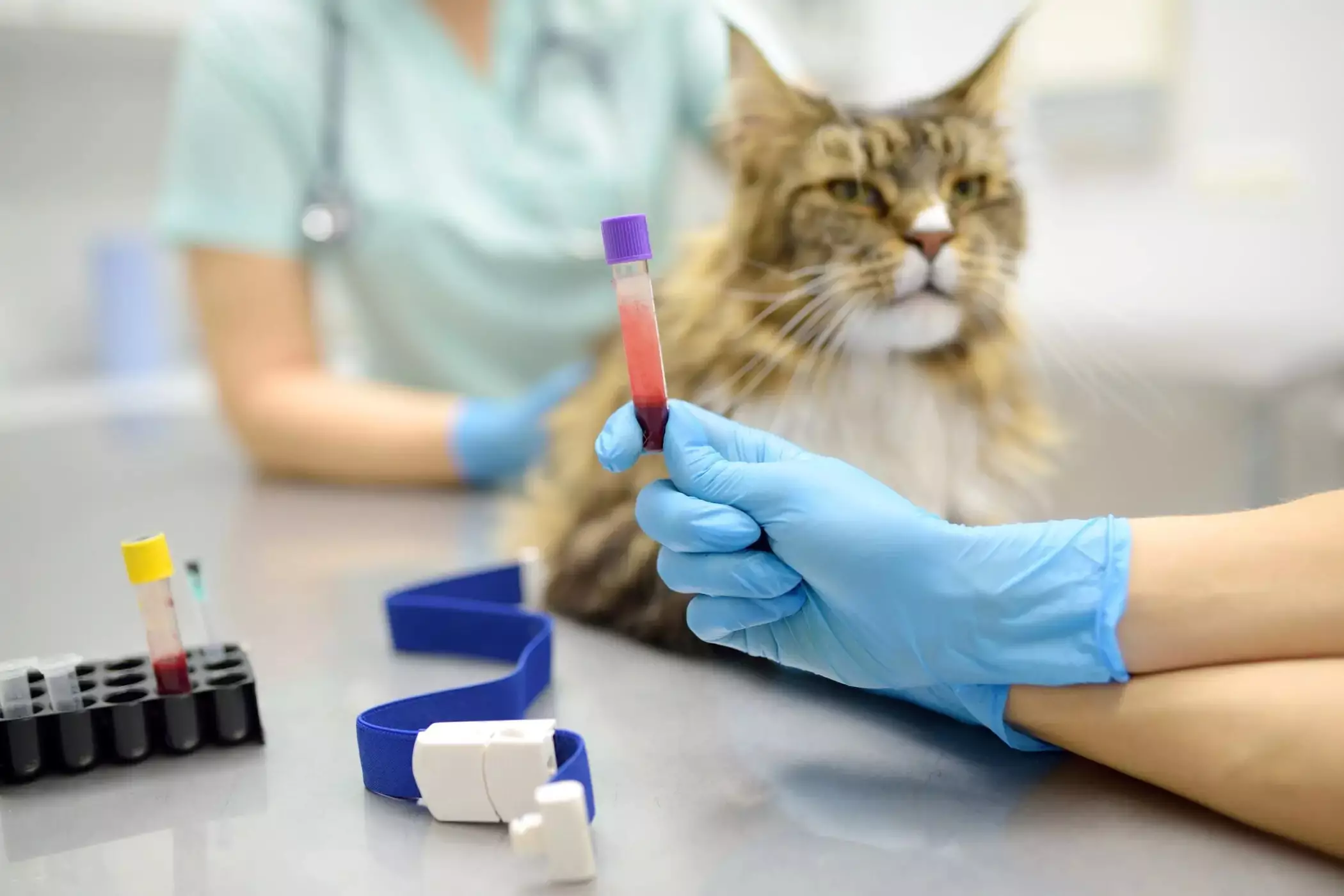Being a cat parent is one of life’s great joys, marked by playful antics and soothing companionship. However, it can also bring about moments of distress when our furry friends exhibit unusual behavior. Cats, renowned for their independence, often keep us guessing regarding their health. They can’t express if they’re feeling unwell or uncomfortable, which leaves us with the daunting task of being vigilant observers of their behavior. In this article, we’ll discuss how to recognize both minor health issues and serious emergencies in your feline friend, providing you with the tools to ensure they receive timely and appropriate care.
To effectively care for your cat, it’s imperative to understand its baseline behavior. Every cat has its unique set of quirks and routines. For instance, if you have an active cat that suddenly opts for a solitary nap, or a vocal cat that becomes unusually quiet, these behavioral shifts should raise a red flag. Look for notable changes in eating habits—overeating or a complete refusal of food can indicate underlying health problems. Monitoring litter box usage is equally crucial; disruptions in this behavior, like avoidance or unusual consistency, warrant concern.
Keep a particular eye on your cat’s hydration levels. Dehydration can lead to severe health issues; thus, if your feline is drinking less water or displaying symptoms like sunken eyes or lethargy, immediate veterinary consultation is essential.
Vomiting and diarrhea are common problems faced by cats. An occasional hairball isn’t typically alarming, but if your cat vomits multiple times in a short period, or if the vomit is abnormal—like containing blood or a coffee-ground appearance—it’s essential to contact a veterinarian. Diarrhea, particularly if it lasts over 24 hours or is accompanied by blood or mucus, can indicate a serious condition and requires professional assessment. If your usual vet isn’t available, don’t hesitate to visit an emergency animal clinic. Rapid response to gastrointestinal issues can drastically improve recovery chances.
Visual and Physical Observations
The eyes, ears, and mouth of your cat can serve as windows into their overall health. Be observant of any discharge, excessive squinting, or changes in eye clarity. An increase in head-shaking or ear-scratching could suggest infections or ear mites, necessitating veterinary care. Oral health is equally crucial; signs like red gums, excessive drooling, or dropping food can indicate painful dental conditions.
Cats are often stealthy creatures, adept at hiding discomfort. Therefore, consistent observations can unearth subtle signs of distress. If you detect any irregularities, do not hesitate to consult a veterinarian—early intervention is often key to successful treatment.
Identifying Everyday Hazards
Cats are curious creatures, which can put them at risk for various hazards around the home. Understanding what can be harmful to your feline friend is paramount. Over-the-counter medications such as ibuprofen and acetaminophen are notoriously dangerous to cats. Similarly, essential oils like tea tree and cinnamon oil, while pleasant for humans, may be toxic to our pets. Household cleaning products can also pose serious threats.
In addition to chemical hazards, many common indoor plants are unsafe for cats. For example, lilies are highly toxic and can cause severe kidney failure. It’s vital to familiarize yourself with these hazards and take preventative measures to secure your home for your feline.
Cats can be vulnerable to extreme temperatures, whether from heat or cold. Heatstroke is particularly insidious, especially in felines with thick fur or prior health conditions. Signs to watch for include excessive panting (which is abnormal for cats), lethargy, rapid heart rate, and even vomiting. Immediate action—moving your cat to a shaded, cool area and offering water—is vital, followed by contacting your vet.
Hypothermia, on the contrary, is a less discussed but equally concerning issue. It can develop from prolonged exposure to cold, particularly in vulnerable cats like kittens or seniors. Signs include shivering, cold extremities, and lethargy. Should you suspect hypothermia, gently warm your cat with blankets and consult your veterinarian for further guidance.
Ultimately, your instinct is an invaluable asset in monitoring your cat’s health. If you feel that something is amiss, don’t hesitate to reach out to a veterinarian. You are your cat’s primary advocate. Maintaining awareness and actively monitoring your feline companion’s behavior allows you to provide unparalleled care, promoting a long, happy life together. Being proactive rather than reactive will make a significant difference in navigating the complex landscape of pet care.
While owning a cat can sometimes lead to moments of anxiety, equipping yourself with knowledge on what to look for can ease these concerns. With vigilance and care, you can ensure your beloved pet remains healthy and happy.
